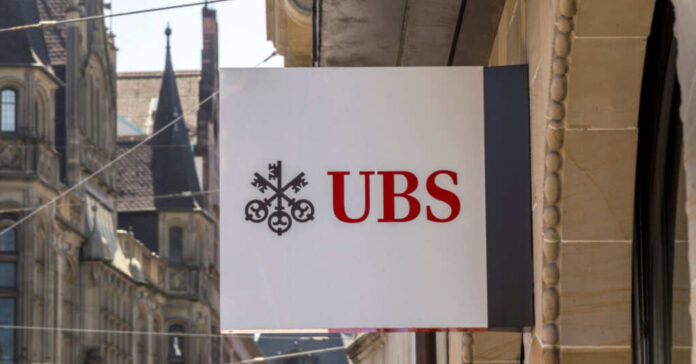
It turns out that Republican Rep. Steward McKinney (R-CT) and his infamous 1984 quote were not exclusive to the US. “Mr. Chairman, let us not bandy words. We have a new kind of bank. It is called too big to fail. TBTF, and it is a wonderful bank.”
Now, Switzerland (infamous for its banking system, skiing, and chocolate) is getting a taste of this with the tanking of its legendary institution Credit Suisse. With regulators arranging the deal, UBS acquired them for roughly $3.25 billion which was done to try and keep the stability in the global banking system. When Credit Suisse unveiled a plan to borrow nearly 50 billion francs ($54 billion) left investors and creditors unimpressed shares simply plummeted.
With two banks already failing in the US in March, many fear it would be too much for the global economy. Swiss President Alain Berset announced the deal on March 19th as “one of great breadth for the stability of international finance. An uncontrolled collapse of Credit Suisse would lead to incalculable consequences for the country and the international financial system.”
The seven-member executive brand included Berset and passed an emergency ordinance to force the merger without a shareholder vote.
Credit Suisse Chairman Axel Lehmann said the sale was “a clear turning point.” He added, “It is a historic, sad, and very challenging day for Credit Suisse, for Switzerland, and for the global financial markets.” He also remarked about how their new focus is on the 50,000 employees of Credit Suisse, especially the 17,000 living in Switzerland. Given how limited positions with the company will become, they will have some serious work to get them someplace else given the current financial situation.
Across the globe finance managers, lenders, and chairmen have all been outspoken about the news since it broke. While many are excited by the prospect of helping to stabilize banking, many wonder if this was potentially too much of a gamble for one institution like UBS to take on single-handedly. With the vast and high-risk credit portfolio Credit Suisse kept, UBS tends to be the exact opposite, which would indicate that they saw something many others didn’t about the company.
Combining the two most historic and infamous Swiss banks was a move that almost ensures a singular top national bank would be declared in short order. With both banks having roots going all the way back to the mid-19th century, they each bring something to the table and are incredibly resilient in their methodology for lending as well as their investment portfolios and precious metals. Given the reputation of Credit Suisse as a gold ingot manufacturer, this change could also drastically impact the metals market going forward.
No matter the current steps, UBS did not let the illusion of them saving Credit Suisse stay in people’s minds for long. The mission here is to break apart and sell off chunks of Credit Suisse in the coming months and years. Given the level of dedication towards keeping people employed as they are brought out, it says a lot about how UBS will be ensuring they take care of this historic masterpiece.
Marking the end of Credit Suisse is no easy feat. With trading offices in markets across the globe, they have been involved everywhere, with a predilection to the wealthy and famous clientele. Over the years they have served as a major advisor when global mergers and acquisitions were being negotiated. When the banking industry suffered a collapse in 2008 Credit Suisse was one of very few who did not need a government bailout.
The “Too big to fail” model has finally fallen. While it was taken out humanely and with compassion for its employees and stakeholders, it still collapsed. This is proof that even those who are too big can and do fail, and when it happens, it can be done responsibly. Perhaps that is what we need in the US. God knows Biden is making that likely with his record-setting inflation.











